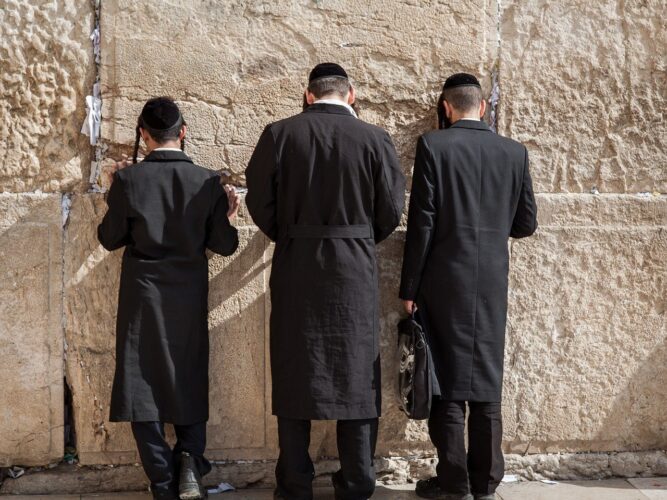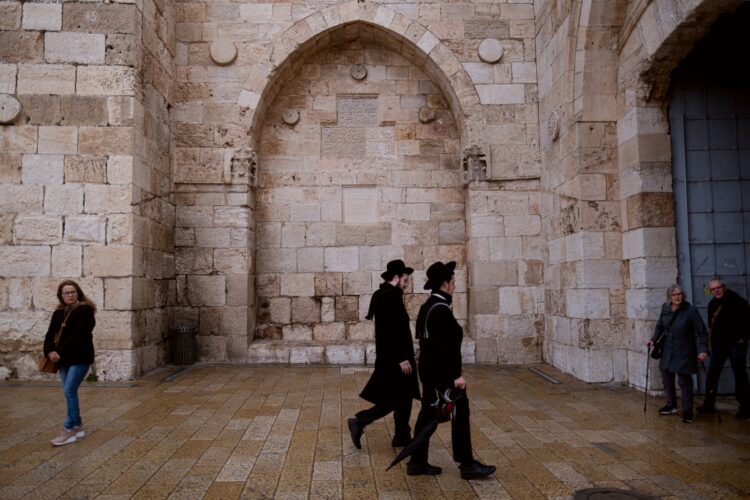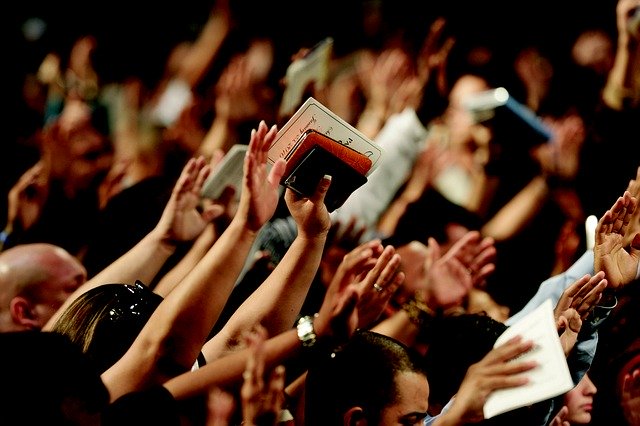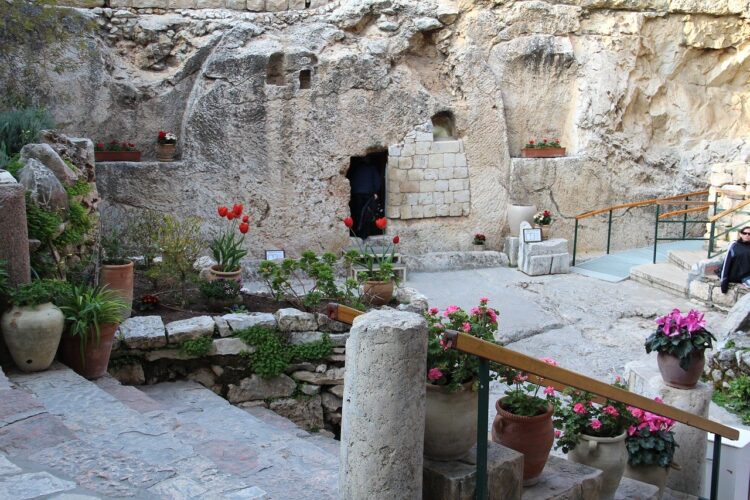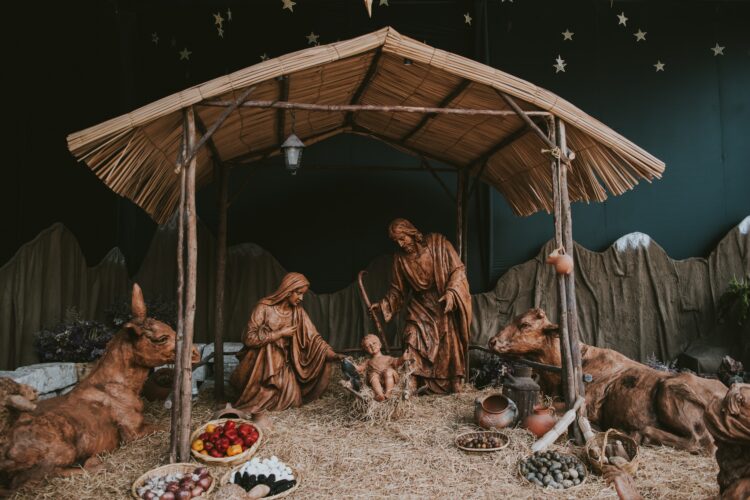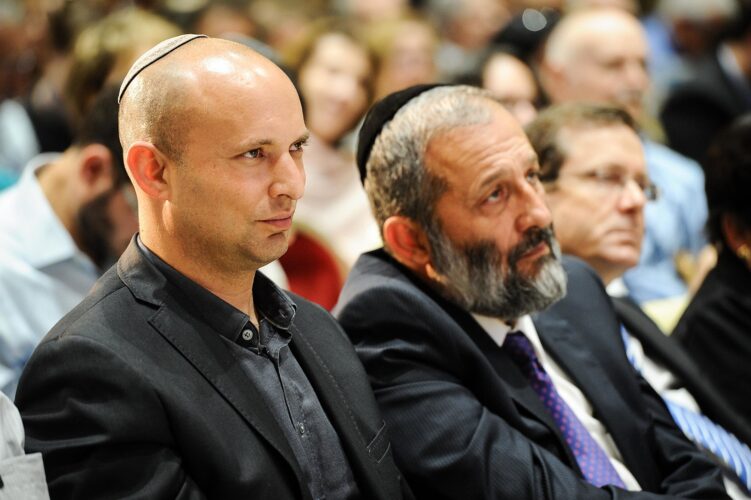People connected to the Messianic Jewish movement and Evangelicals with passion for Israel often have a significant understanding of the High Holidays in the Bible and in Judaism. This is the period between Rosh Hoshana and Yom Kippur. Some have a depth of understanding. However, it amazing how many have no significant understanding at all, maybe the majority.
The High Holidays are the holiest time of the year on the biblical Jewish calendar. Sadly, in my view, the name Rosh Hoshana and part of the theology of the day in Judaism obscures some important meanings. It was not wrong for Israel to adopt the New Year date of the ancient Near East just as we in the West celebrate January 1st. However, the idea of that the date is really the anniversary of the creation of the world is speculative. By calling this the first month, we obscure the meaning that stems from Nissan, Passover month, being called the beginning of the year in the Torah. So yes, we can have new year meanings for the 1st of Tishri, but this should be secondary, and the emphasis should be on Tishri being the seventh month, the primary meaning. Seven is the time of perfecting.
In the seventh month on the first day, we hear the sound of the shofar, hence the Biblical name Yom Teruah, or the blowing of a trumpet. Teruah is the sound of that blowing. The Bible also notes silver trumpets at this time, but this has also been obscured. We do have a new beginning due to the meanings of these holidays. The blowing of trumpets means that we are to get ready, for we are entering into a time judgment by God and seeking forgiveness and atonement whereby we will not fall under God’s judgment but his mercy, forgiveness, and grace. This is why we have the trumpet emphasis in the book of Revelation, and the last trumpet emphasis in I Cor. 15 that is sounded at the return of Yeshua. Rightly, in Jewish tradition for this season, we are reminded of the last judgment and the Age to Come. The day is fraught with eschatological meanings. The trumpets are connected to Passover and exodus as well, the trumpet was heard at Mt. Sinai. Therefore the book of Revelation includes both meanings. Following this day, a Sabbath, we have the intermediate days leading up to Yom Kippur on the 10th of Tishri. The Sabbath in that mid-period is called Shabbat Shuva, the Sabbath of return and repentance. Repentance is a daily exercise but is especially emphasized now so that all will repent.
The holiest day, Yom Kippur, the Day of Atonement, is a time or fasting, of self-searching, repentance, recommitment, and receiving of forgiveness/atonement. The prayers of the synagogue are mostly corporate. We pray for the sins of Israel since the sin of any is part of the corporate sin of the nation. Lists of sins are comprehensive. Unless one understands this corporate dimension, he or she will not think that all of it is relevant to them, though the lists can point of individual sins. Westerners are so individualistic. We need to learn the importance of corporate intercession. We especially thank God for the book of Hebrews which shows us the great fulfillment of the meaning of Yom Kippur in Yeshua. He is both our High Priest and our sacrifice. He enters into the most holy place in heaven with his own blood procuring the fullness of our forgiveness and the perfecting of our conscience. The sacrifices of old in themselves could not take away sin. Their meaning is participation in the sacrifice of Yeshua who is the Lamb slain from the foundation of the World. We can see an anticipation of this in the Jewish teaching that all the sacrifices were only efficacious because they participated in the sacrifice of Isaac who was offered in the place where the Temple would be built. However, Isaac is not divinity and is only a type, a foreshadowing of the great antetype, Yeshua our High Priest and Sacrifice. All the images of atonement in the Torah find their fullness of meaning in him.
There are also last days (eschatological) predictions of atonement that show Yeshua’s sacrifice will be provided for the sins of the whole world. In John, we read, “Behold the Lamb of God who takes away the sins of the World.” The vision of the conversion of the nations who all go up to Jerusalem in Isaiah 2 is only possible if the sacrificial atonement of Yeshua is applied to them. In Zechariah 13 we read that a fountain will be open to Israel for her cleansing. From this text we get the famous hymn, “There is a fountain filled with blood drawn from Immanuel’s veins, and sinners plunged beneath that flood, lose all their guilty stains.” I also believe optimistically in interpreting Rev. 1:7 when all the nations see the returning Yeshua and morn. I think they mourn for their sins and rebellion against Yeshua, the King. This is why the survivors of the last wars can go up to the Feast of Tabernacles in Jerusalem to worship the King every year, a fitting parallel to Isaiah 2. Yom Kippur looks toward the future application of the blood of Yeshua to all the nations on earth.
